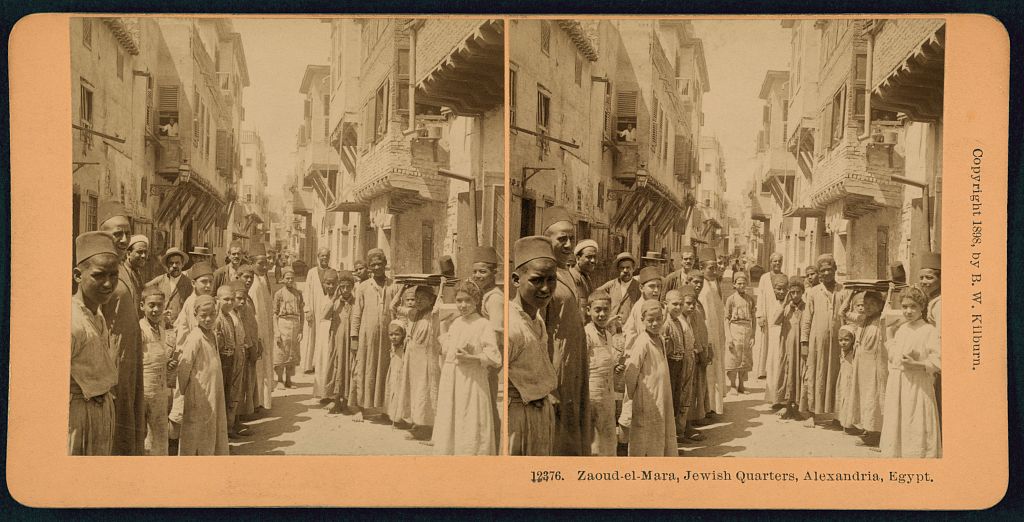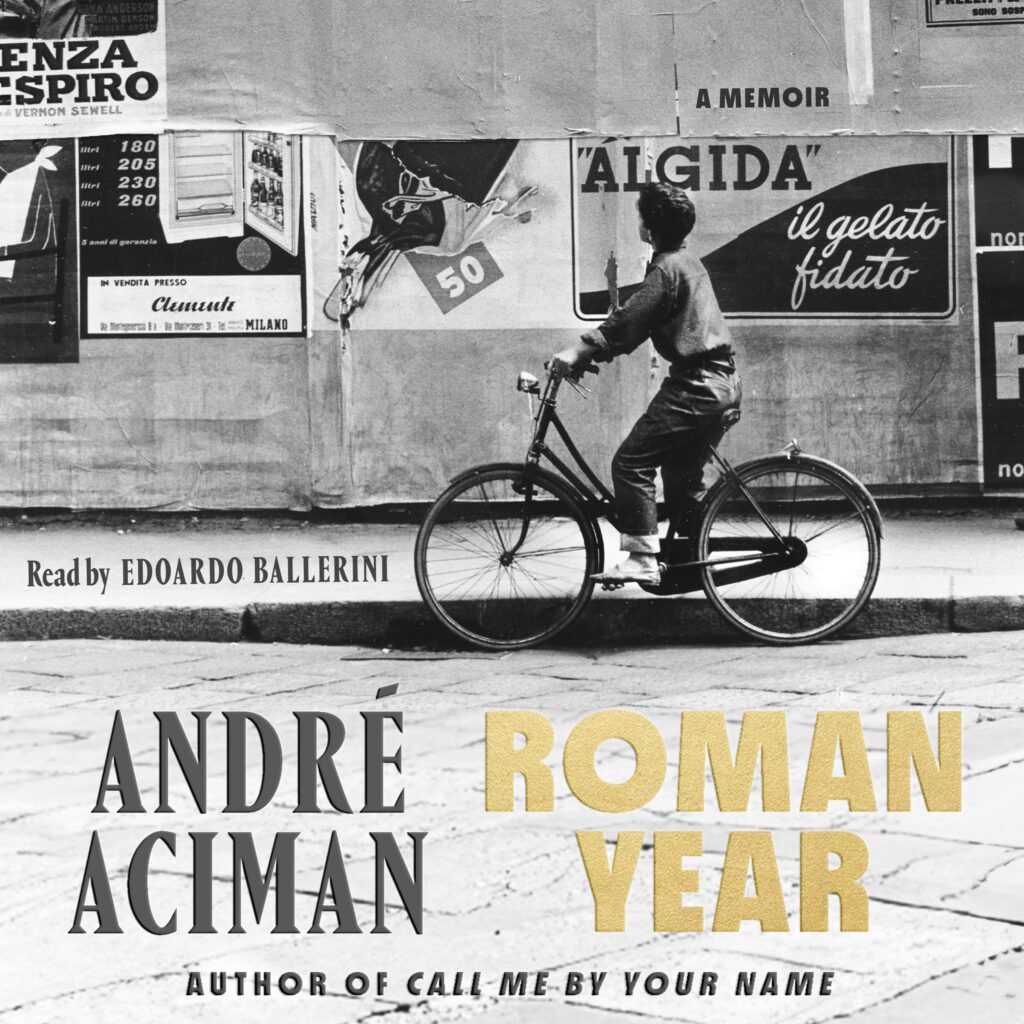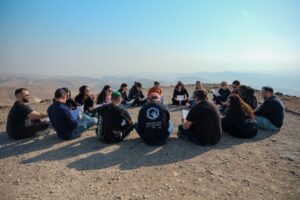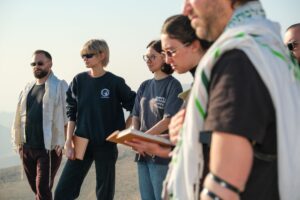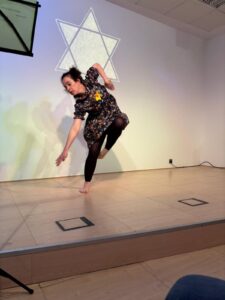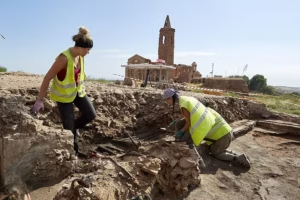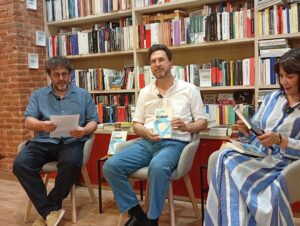In 1994, André Aciman wrote a memoir about his Jewish family, Out of Egypt. Aciman recounts, with great detail, affection, and melancholy, the story of his large Sephardic family in Alexandria and what it meant for him, in the midst of adolescence, to leave his city, his country, and his culture behind. The book continues to be reissued as a classic of the memoir genre. It reached bookstores in Spain in 2024.
The book is filled with emotions, memories of a teenager discovering life, the city, and family. But above all, it speaks to us of a world that no longer exists and that Aciman longs for—a cosmopolitan city where different religions coexisted. Alexandria, and a Jewish reality that ceased to exist in 1965, when Jews were expelled from Egypt and all Muslim countries.
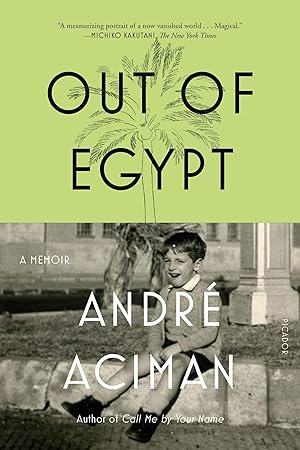
The expulsion of the Aciman family, along with the Jews from Egypt, took place in 1965, leaving cities such as Alexandria, where André Aciman was born and raised. The Jews of Alexandria, Sephardic and Ladino-speaking, had arrived from various regions, including Italy, France, and the Ottoman Empire. These Jewish families originally hailed from Spain, having been expelled in 1492. Five centuries later, following the Arab nations’ war against Israel in 1948, they were accused of Zionism and branded as traitors; Egypt expelled them definitively.
This phenomenon was repeated in other Arab countries such as Tunisia, Libya, Algeria, Lebanon, Syria, and Iraq, as well as in other Muslim-majority nations including Morocco, Iran, and Afghanistan. In Egypt, around 100,000 Jews were expelled. It is estimated that between 800,000 and 1 million Jews were forced to leave their lives behind and emigrate, as did the Aciman family, to Europe, the Americas, or Israel.
We talk with the author who achieved widespread acclaim with his 2007 novel Call Me by Your Name, later adapted into a successful film. In this interview, Aciman reflects on memories of his grandmothers—La Santa and La Princesa—of a city where diverse faiths once coexisted, where Jews and Christians intermarried, and which, following the expulsion of the Jews, was never the same again.
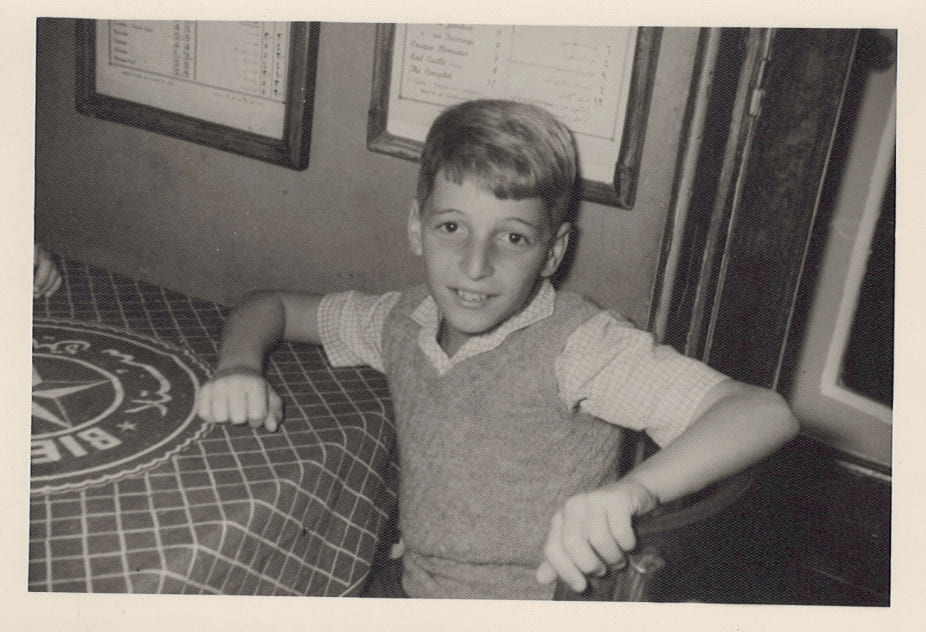
Many in my family married into other faiths, and yet they celebrated Passover very seriously
When did you feel the need to write this book? About your family?
I always knew that I was going to write at some point in my life. But it was a fantasy. I think that the time I was 27, I wrote a whole book about my life in Egypt, but then I decided this was terrible. It wasn’t until I was 41 years old that I began writing Out of Egypt.
What did it change in your life at that age to publish the story?
I think that at that point, I was more confident about my writing. This is something that goes with my history, personality, etc. I was ready for that. I asked for permission from my editor after I had written a few articles about my history growing up in Alexandria as a Jewish boy. He said, “Oh, we’d love to see that,” and I thought he was being polite. I wrote a chapter, and he loved it and published it. This publication gave me a significant boost as a writer.
How was the interaction between Jews and other faiths?
It was very much like New York today. There were Greeks, Italians, French, and many others. Intermarriage existed. Many in my family married into other faiths, and yet they celebrated Passover very seriously. There was never an issue.
And the rest of the coexistence with other faiths and peoples?
Do Greeks like Italians after what Italians did to the Greeks in 1943, 1944? I don’t think they did. They were very happy when the people were put in jail or concentration camps in Egypt. The Armenians did not like the Turks. But all of them got along. Whether they like each other or trust each other is one thing. But all they got along, and they were unified as a city. My experience with Alexandria is that it stopped in 1965 when we were forced to leave Egypt.
How was the experience visiting Alexandria after many years?
When I came back to Egypt 30 years later (now it would be 60), I was walking on the street and finding anything from my childhood. Everybody was Egyptian, everyone spoke Arabic. I could not find anyone who spoke my language, which was French.
I sadly saw a couple, they were very old, and stopped them. They were Greeks and they spoke French with me. It was natural at that time. It was the only person I ran into. And it is an Egyptian city that was colonized, of course. Now that the colonialists have left, it is again Egyptian, that is fine and fair. On the other hand, it is not my country anymore.
What was the role of Ladino at home?
Ladino was spoken in my family every day. My grandmother and all the siblings spoke Ladino as the first language. French was a very chic language; everybody knew it, but Ladino was the language of daily life. Between them spoke Ladino; they would never have thought to speak in French.
But, unfortunately, Ladino was never spoken to me at home; with me, partially because my mother Gigi was deaf and she spoke French only. They used French. Part of it was because my mother was deaf. I understand from the other members of my family.
For example, when my father came to the US. One of the first jobs he had was in the court system. Many people spoke Spanish and only Spanish. And he could understand everything they said.
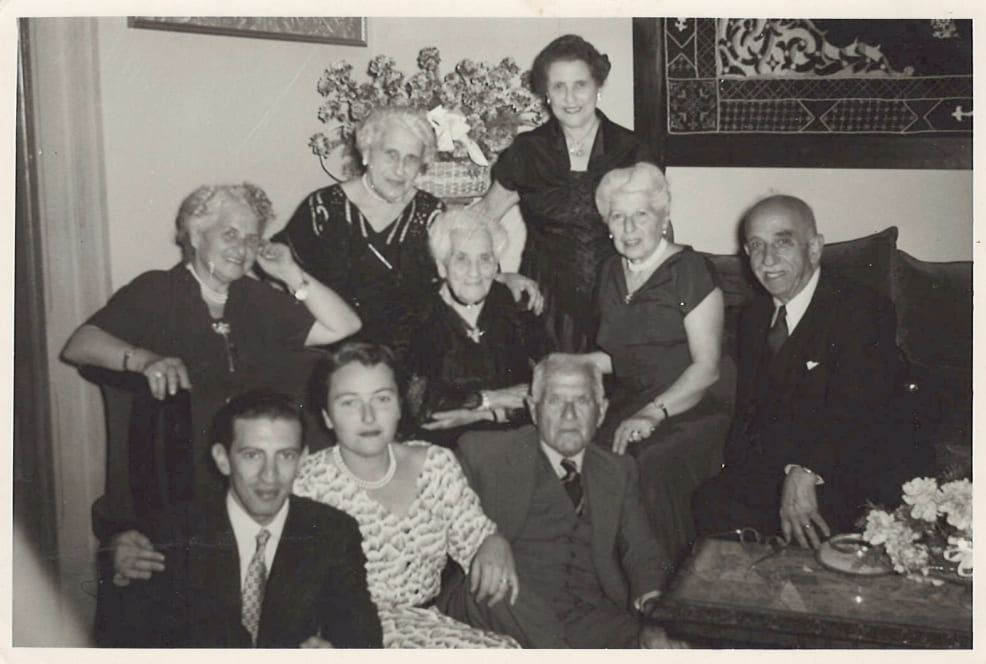
The Jews were expelled from the Arab countries right after the creation of the State of Israel in 1948, later in the 60s and 70s. Not only from Egypt but from the rest of the Middle East and Iran. It was a true expulsion.
What did Egypt lose with this loss?
It is not different from what happened to Spain after 1391 and 1492. For example, the Jews were very important in hospitals, senators, many lawyers were Jewish, they run business, and the big banks of Egypt were Jewish. You have a whole network of Jews in Egypt that they were very proud and visible. When you get rid of them, essentially, you lose your currency as it were, you lose the ability to survive as a capitalist country. What has happened in Egypt is that it is taking Egypt many years to overcome the loss of its population.
Where did the Jewish families from Alexandria go?
May ended up in France, Italy, and all over South America, Canada, Australia, and the US. Fundamentally Europe. I only know to families of Jews from my city who went to Israel. In other words, many people with careers ended up in Europe or a Western atmosphere.
The dominant Ashkenazi Jews created a narrative—a story—that overshadowed everything Jews from the Middle East might have contributed to broader Jewish culture.
Why do you think the history of Jews from Arab and/or Muslim countries—from Morocco to Afghanistan, including Yemen and Iran—is generally unknown?
One of the reasons that I think is that the dominant Ashkenazi Jews created a narrative, a story, that overshadowed everything that the Jews from the Middle East could have competed with. The history of Ashkenazi Jews here in the US is a very dominant narrative.
For example, my family was French thought and ended up in France. I would suspect that the grandchildren and great-grandchildren don’t know Arabic and don’t care about Egypt at all.
On the other hand, the Jews from Egypt could be around 100,000. We are not talking about a small number of people. Their story never achieved dominance or was not even visible. People still tell people, “How come we have never heard the story of Jews from Egypt”? This large community did not disappear, it just ended up in the countries where they live.
Do you collaborate with any public or private initiative in Egypt to restore the Jewish Heritage?
I tried on several occasions to reclaim my wealth. And I was told by many lawyers that it is a waste of time. Once I had a call from an Egyptian representative, saying they are rebuilding the temples, and if I wanted to go back to Egypt. But I asked him, “Will you give my money back?” Of course, it was the end of the conversation.
My family left everything behind—money in the bank, houses, belongings. They were industrialists and had good socio-economic positions. Even the car, or in my case, my bicycle! I want my bicycle returned to me! Logically, this is not going to happen.
Is the house still there?
When I went back to Alexandria, I visited the last apartment we had. I was not allowed to go upstairs in the building. I went to visit my first school, and I wanted to see the classrooms, but I was not allowed inside the school. I figured that it is still resentment against the European presence.
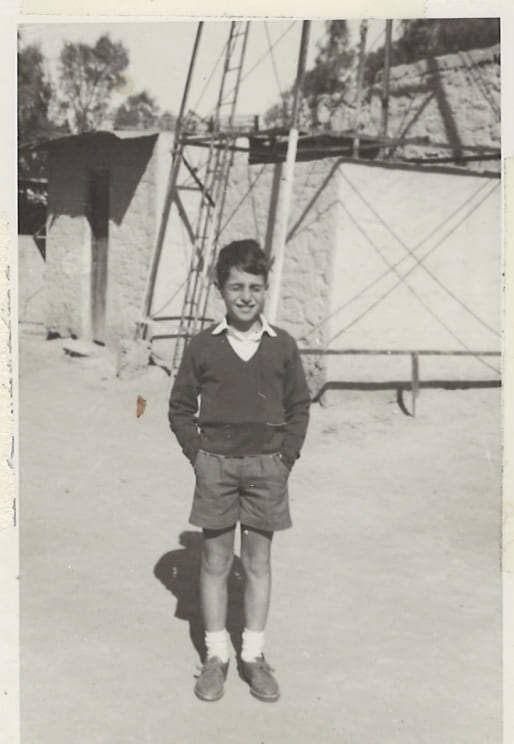
Is your family willing to go again for a visit?
Yes, one of my sons wants to go to Egypt, but he wants to go with me. He wants to see what I was speaking about for years. I don’t want to go back. I’m not frankly comfortable going back.
My Roman Year - New Book
My Roman Year, André Aciman captures the period of his adolescence that began when he and his family first set foot in Rome, after being expelled from Egypt. Though Aciman’s family had been well-off in Alexandria, all vestiges of their status vanished when they fled, and the author, his younger brother, and his deaf mother moved into a rented apartment (eventually revealed to be a recently vacated brothel) on Via Clelia. The world of novels eventually allowed him to open up to the city and, through them, discover the beating heart of the Eternal City.


